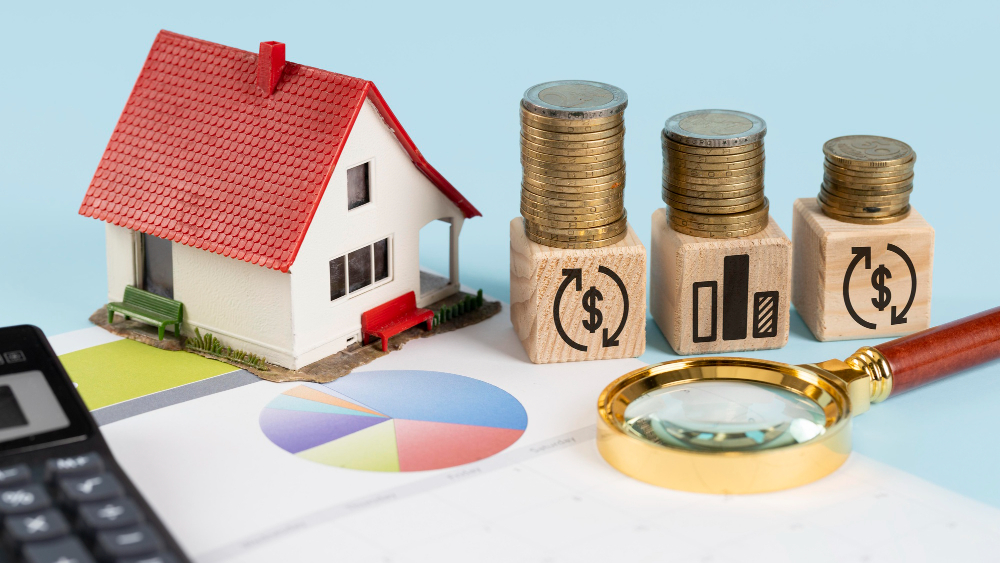
What is a first mortgage? understand in some scenarios, a piece of real estate may be financed by multiple mortgage loans. When this is the case, the original loan is then called the “first mortgage” or “first lien.” The new loan or subsequent loan is called the “second mortgage,” “second lien,” or “subordinate loan.”
The first mortgage is considered the primary loan on the property, and in the event you default on your mortgage, it has the first right to claim the home and cash it in as repayment.
Important A first mortgage does not refer to a mortgage on the first home a buyer has purchased.
Why Would You Have More Than One Mortgage?
There are several situations in which you might have multiple mortgage loans on a single property. These can occur either up-front, when you’re initially purchasing the home, or down the line after you’ve been in the home for some time.
Let’s look at both scenarios.
Scenario 1: Buying Your Home
Some buyers use two mortgage loans to purchase their property. The first is used to cover the bulk of the purchase price of the home, minus a down payment. Then, the second loan helps cover that down payment and the closing costs associated with the transaction. Sometimes, this strategy is called “piggybacking,” with the second mortgage being the “piggyback loan.”
Scenario 2: Tapping Your Home Equity
If you ever take out a home equity loan on your property, then this will be considered a second mortgage as well. These loans allow you to tap the equity you have in your property to pay for renovations, medical bills, debts, or other expenses you might have. Like the piggyback loan in the above scenario, home equity loans also result in having a second mortgage payment every month until the balance is paid off.
Key Differences Between Firsts and Seconds
There are a few differences between first and second mortgages, the biggest being which one has a claim to the property first in case of default. This is the first loan, meaning if you don’t make your payments, the first lender can foreclose on the property and use the returns to pay off your loan.
Only after that loan is paid off can the second lender claim any of the property’s returns.
Another big difference pertains to the mortgage interest tax deduction. Though you can deduct the interest you pay on your first loan (up to certain limits), interest on home equity second mortgages is not eligible for this write-off. The only exception is if you used the loan to “buy, build, or substantially improve” the home.
Finally, second mortgages also typically have higher interest rates than first liens. This is because they present more risk to the lender. Since the first loan has the right to claim the property if you don’t make your payments, the second lender needs to protect itself and the higher interest rate is part of that. Many times, these interest rates may also be adjustable, meaning they can increase over time if the loan is not paid off before a fixed-rate period expires.
First Versus Second When the Worst Happens
To see the differences between first and second mortgages in action, let’s look at an example. Say you bought a home in 2015 using a first mortgage of $200,000. In 2018, you wanted to remodel your kitchen, so you took out a home equity loan and a second mortgage to pay for it.
Flash forward to mid-2019, and you’re three months behind on payments for both loans. The lender on the original mortgage loan can start the foreclosure process and move to sell the property. Once all is said and done, the property sells for $150,000. The lender uses those proceeds to pay off your first loan, which has a balance of $130,000. When that loan is paid off, the remaining proceeds $20,000 go to the lender on the second loan. These may or may not cover the full remaining balance on the second lien.
VAAL Real Estate was Founded with the aim of reducing the hassle of finding and buying homes. VAAL Real Estate has been successful in developing a brand whose main aim is to change the market by understanding and satisfying the needs of potential and future homeowners.